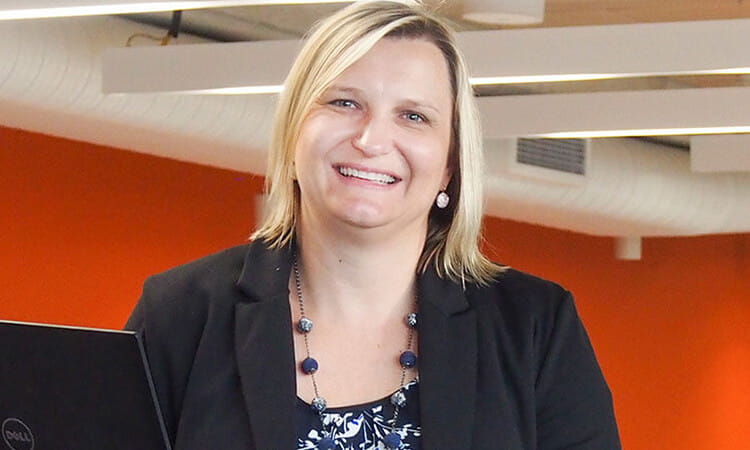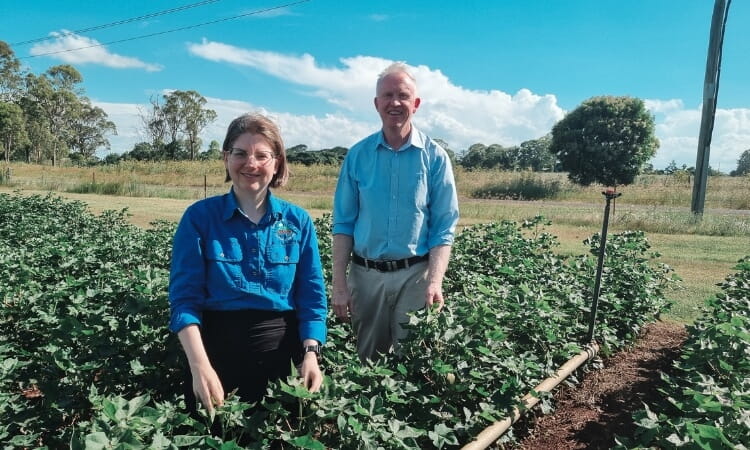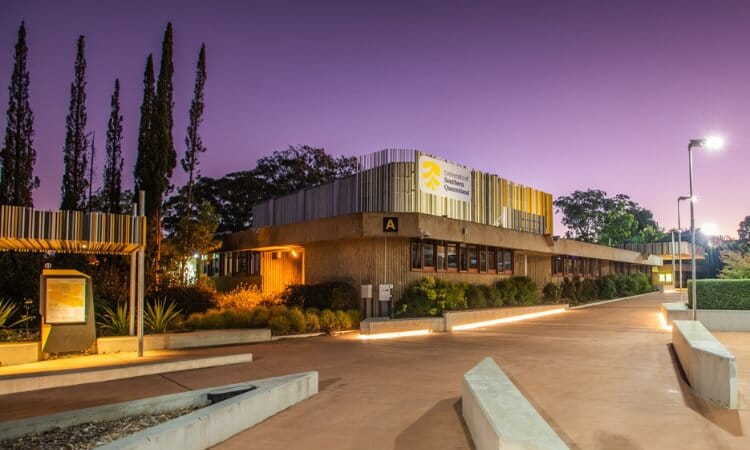Yet anxiety and depression in children and adolescents is very common and without enough help, can lead to significant and ongoing problems into adulthood.
Young people are particularly proficient at using technology and are familiar with it – so using technology to deliver evidence-based mental health is one means for improving access to interventions and services.
Professor Sonja March has been researching the issue of mental health in young people for 20 years, most recently with her work with the University of Southern Queensland.
Together with two other researchers, she created an online program for child and adolescent anxiety, known as BRAVE. In 2014, Beyond Blue supported her research team to translate BRAVE into an open access platform which is free for all Australians.
The program has had 73,000 registrations to date, and research data shows that those engaging in the program show substantial reductions in anxiety. Further, Professor March has developed ways to integrate BRAVE into routine healthcare, showing that stepped-care digital models can offer important benefits for young people and clinicians.
“We believe digital solutions can offer a viable model of care for health services around Australia and the potential to reach many more thousands of young Australians,” Professor March said.
In her most recent work, through a $5 million grant from the Federal Government’s Medical Research Future Fund Professor March has developed a more comprehensive online platform that integrates detection, assessment and tailored interventions. Momentum, co-designed by young people, parents, and clinicians, will address common mental health problems such as anxiety, depression, substance use and sleep problems and will be launched in 2023.
The belief is this kind of digital intervention that provides personalised programs, will offer a viable model of care for health services around Australia and the potential to reach many more thousands of young Australians.
Professor March’s project team includes researchers from Griffith University, The University of Queensland, Queensland University of Technology, Federation University and The Australian National University.
The initial program (BRAVE) was developed by Professor March, Associate Professor Caroline Donovan (Griffith University) and Professor Susan Spence (Griffith University).



